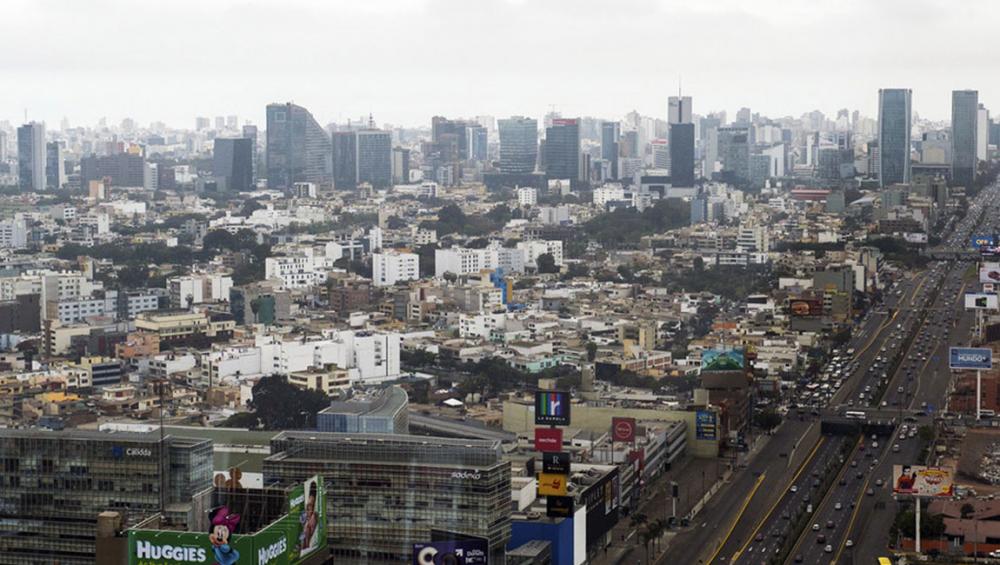Just Earth News | @justearthnews | 12 Oct 2019

World Bank/Franz Mahr
New York: City bosses are “the world’s first responders to the climate emergency” UN chief António Guterres declared on Friday, at an international mayors’ summit in Copenhagen.
In his opening remarks to the C40 World Mayors Summit – a forum for member cities to present innovative actions to slow global warming – the Secretary-General noted that cities, which contain more than half the world’s population, and have an “enormous climate footprint”, are “on the frontlines of sustainable and inclusive development”.
Urban citizens, he continued, look to mayors to make cities havens for diversity, social cohesion and job creation.
Reminding delegates of the existential threat to humanity posed by the climate emergency, and the need to dramatically boost climate action at all levels, Mr. Guterres said that, at the UN Climate Action Summit in September, some 70 countries, and around 100 cities, announced plans to enhance their national plans to cut harmful emissions by 2020.
UN Secretary-General António Guterres addresses the C40 World Mayors Summit 2019 in Copenhagen, Denmark., by UNOPS
However, some of the countries responsible for the biggest greenhouse gas emissions have not yet committed to reaching net zero carbon emissions by 2050 and, with business, cities and society moving faster than governments, the UN chief called on the urban leaders to continue putting pressure on national authorities to increase climate ambition.
Cities, emphasised the UN chief, are at the heart of the race to reduce emissions, and the consequences of growth without climate-conscious planning will be profound. Mr. Guterres welcomed efforts currently undertaken by C40 member cities, such as promoting healthier, more climate-friendly diets, and curbing air pollution.
The Secretary-General also highlighted the importance of a “just transition” to low carbon societies, where no one is left behind, to ensure that public opinion solidly supports the initiatives necessary for reaching carbon neutrality. This means implementing social policies that address the anxieties of those who could be detrimentally affected by climate action, such as those who work in the fossil fuel industry, and take their interests into account.
The two-day summit began on Thursday, with a commitment by 14 member cities to implementing sustainable food policies that will address the climate emergency. The mayors of these major cities pledged to work with their citizens to achieve a “Planetary Health Diet” for all, by 2030, with balanced and nutritious food, reflective of the culture, geography, and demography of their citizens.
Research commissioned by C40 in June 2019 shows that eating a sustainable diet and avoiding food waste could cut food-related greenhouse gas emissions by more than 60 per cent.
Photo caption and credit:
Lima, the capital of Peru, a South American megacity. (file)